Comparison of pressure points versus tourniquet application for first aid control of arterial bleeding in beachgoers: a randomised controlled cross over trial
Quick facts
Dr Kimberley Bruce
Dr Peter Snelling
Mr James Furness
Dr Philip Jones
Dr Don Campbell OAM
Dr Bhavik Patel
Mr Philip Abery
Mr Kevin Kemp-Smith
Arterial injuries to the lower limb, such as from a shark bite or deep laceration, can lead to catastrophic bleeding and death. Current first aid measures involve trained personnel applying an arterial tourniquet. However, even a short delay in haemorrhage management can lead to significant blood loss, brain injury or death. There is growing evidence that the simple technique of applying pressure to the groin can effectively occlude blood flow through the femoral artery, buying time for medically trained personnel to attend.
One potential application of this technique is the treatment of shark attack victims with lower limb injuries, where beachgoers without medical training who have only seen a sign on a beach could apply life saving first aid. There is plethora of other potential applications outside marine encounters where this technique could be critical in reducing blood loss such as limb trauma from motor vehicle accidents, workplace injuries or military settings. The benefits are the simplicity of the technique which may be both easily and effectively performed by bystanders with no medical training. Using a non-clinical environment, we intend on performing a randomised trial to evaluate the efficacy of non-medically trained beachgoers performing pressure points compared with the application of a commercial arterial tourniquet after reading an infographic. We will measure the reduction in arterial blood flow using doppler ultrasound. The project aims to generate translatable research with the goal of influencing local, national, and international first aid guidelines.
Grants Awarded
A randomised controlled trial of plasmalyte versus normal saline as resuscitation and maintenance fluid therapy for patients presenting with diabetic ketoacidosis (BEST-DKA) BalancEd fluids vs Saline Trial in Diabetic KetoAcidosis
Quick facts
Dr Mahesh Ramanan
Ms Stacey Watts
Dr Jason Chan
Dr Kent Perkins
Ms Lauren Murray
Dr Benjamin Moran
A/Prof Naomi Hammond
Prof Balasubramanian Venkatesh
Associate Investigators
A/Prof Alisa Higgins
Ms Dorrilyn Rajbhandari
Dr Antony Attokaran
Dr Thomas Holland
Prof Elif Ekinci
Dr David Stewart
Dr James McCullough
We propose to conduct a multi-centre blinded cluster cross over randomised clinical trial (RCT) of plasmalyte (PL), a balanced salt solution versus normal saline (NS) in patients admitted to an Intensive Care Unit (ICU) with diabetic ketoacidosis (DKA), a life-threatening complication of diabetes mellitus. DKA results in elevated acid levels in the blood leading to severe dehydration and electrolyte imbalance.
ICU admission rates for patients with DKA in Australia has risen annually. In 2019 and 2020, there were 2751 and 2812 admissions to ICUs respectively. Almost all patients present through the Emergency Departments and in regional hospitals, they are often admitted to the ICU.
NS is often used as the first line fluid for dehydration, but NS use frequently results in persistent acidosis. We have shown in a pilot trial, conducted in 7 Queensland regional Emergency departments and ICUs, that the use of a balanced salt solution such as PL resulted in a more rapid resolution of acidosis with trends to shorter length of ICU and hospital stay as compared to NS. The efficacy of PL in DKA needs evaluation in a large clinical trial.
We plan to study 480 patients from Australia of whom a third will be expected to be enrolled in Queensland. Patients will be randomised to receive either NS or PL and the primary end point is hospital length of stay. This proposed trial will answer a fundamental clinical question and will inform policy and practice in Australia and New Zealand and around the world.
Grants Awarded
Improved Respiratory Support in Remote Settings for Children: A Paediatric Acute Respiratory Intervention Study (PARIS), PARIS on Country.
Quick facts
A/Prof Donna Franklin
A/Prof Shane George
Dr Clinton Gibbs
A/Prof Ulrich Orda
Prof Andreas Schibler
A/Prof Sally West
The next phase of studies, titled "Paris on Country," represents a continuation of efforts in Australia and New Zealand to enhance care for infants and children presenting with acute respiratory issues in emergency departments. Through these studies, we have successfully implemented changes in treatment protocols, aimed at alleviating respiratory distress and reducing anxiety for both patients and their parents.
In rural and remote areas of Queensland, approximately 38 percent of the state's total population resides. However, access to healthcare and emergency services in these areas can significantly differ from urban regions. The primary goal of this project is to elevate the standard of care for children experiencing acute respiratory distress in remote and regional settings to match the level of care available in larger cities.
Grants Awarded
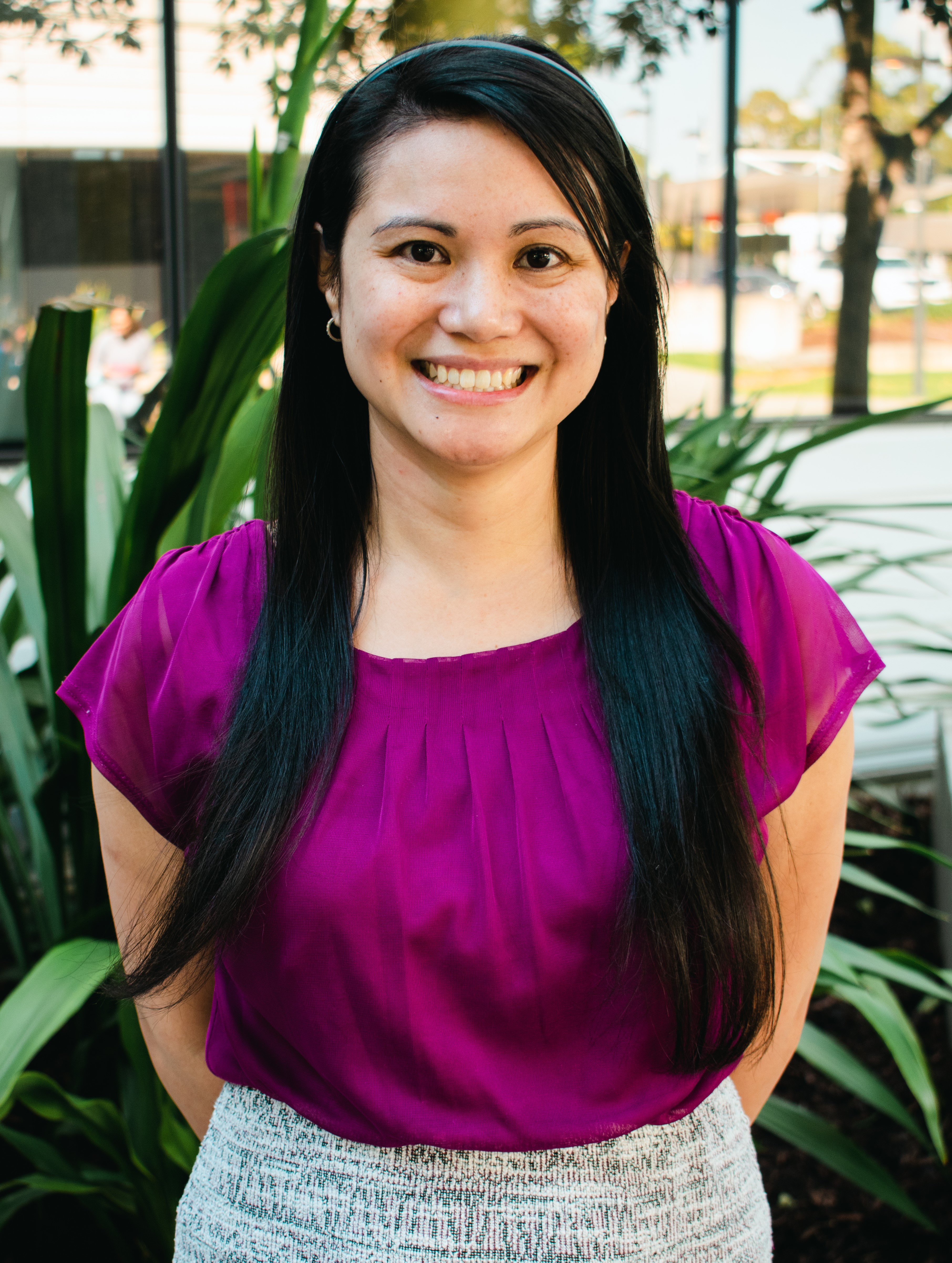
Josea is a dedicated trauma and emergency nursing researcher with extensive experience in clinical trials and healthcare improvement initiatives. Currently serving as a CNC Trauma Research Coordinator at Gold Coast University Hospital, Josea plays a key role in coordinating, monitoring, and screening multiple studies, including EPO-Trauma, FEISTY-II, and PREDICT-TBI.
With a background in both nursing and psychological science, Josea has contributed to numerous research projects, focusing on trauma care, emergency medicine, and paediatric sepsis. As a Research Assistant, Josea has been instrumental in data collection, consent processes, adverse event monitoring, and HREC applications.
Josea’s research contributions extend to peer-reviewed publications on emergency department presentations, police-involved patient care, and mass gathering health services. Additionally, Josea is actively involved in research education, providing training for ICU and ED staff. With a commitment to advancing trauma research and clinical practice, Josea continues to influence evidence-based healthcare through multidisciplinary collaboration and academic contributions.
Kieran is a paediatic nurse with over a decade of experience in inpatient and emergency settings, he joined the GCH Emergency Care Research Group in 2020 as a research. He supports the ‘Paediatric’ pillars in multiple projects, including the RESPOND RCT, PROMPT Bolus RCT, SENTINEL and RAPIDS Studies. Kieran has a special interest in Paediatric emergency research and Sepsis studies at the Gold Coast University Hospital emergency department.
He is a member of the Paediatric Research in Emergency Departments International collaborative (PREDICT)
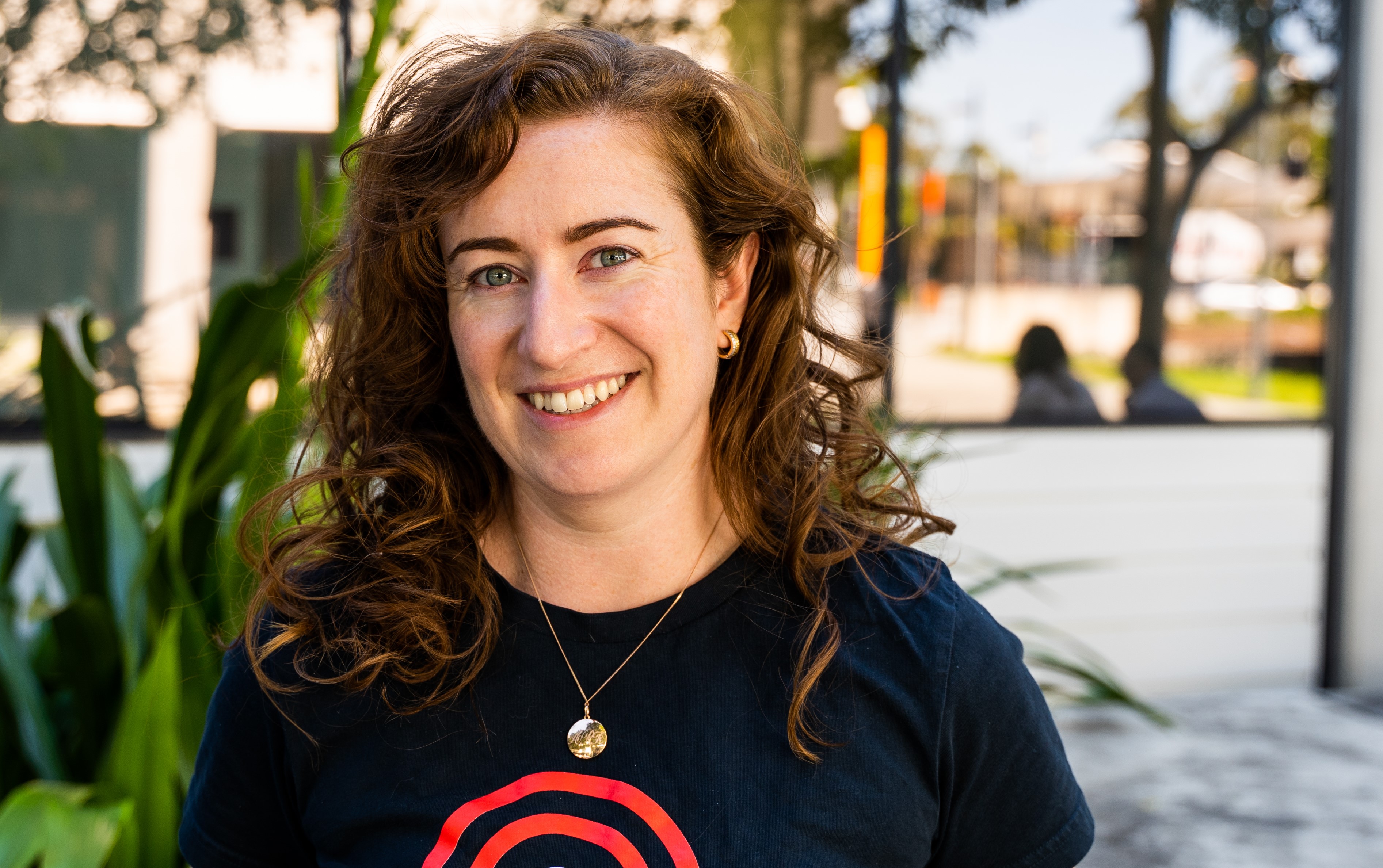
Aoife is a research nurse who joined the GCH Emergency Care Research Group in 2021. She supports the ‘Vulnerable Populations’ and ‘Ultrasound’ pillars in multiple projects, including the ARISE Fluids RCT, DART3, BUCKLE and CALD. Aoife has a special interest in emergency research and is involved with the SAMIE and POKIE studies that are being conducted at the Gold Coast University Hospital emergency department.
Composition, Quality and Delivery of Major Haemorrhage Protocols (MHP) and critical bleeding clinical practice guidelines in hospitals across Queensland Health
Quick facts
Ms Elizabeth Wake, A/Prof Shane George, Mrs Tash Adams, Dr Caitlin Brandenburg, Dr Clinton Gibbs, Dr Don Campbell, Dr Alistair Hamilton, Dr James Winearls
Associate Investigators: Dr John Casey, Dr Jack Righton, Ms Michelle Jeffress, Ms Paressa Cresswell, Dr Dan Bodnar
Major bleeding is a leading cause of death in trauma patients. Blood product replacement is a key component of damage control resuscitation aimed at limiting coagulopathy until definitive control of bleeding is achieved. Although Major Haemorrhage Protocols (MHP) are now widely used in the initial resuscitation of traumatically injured patients (1), protocols can vary based upon individual institutions' capabilities and processes. Within Australia, the National Blood Authority 2011 Patient Blood Management Guideline Module 1: Critical Care/ Massive Transfusion (2) recommended institutions develop standardized MHP to guide clinicians regarding the dose, timing and ratio of blood component therapy for bleeding trauma patients. However, it is currently unknown if these guidelines are implemented and if so, what institutional variations occur. While the guidelines provide a robust review of the evidence base for MHP, there is little information about the logistics of MHP implementation. Our project aims are firstly to compare the available trauma bleeding protocols across Queensland for content and quality. Secondly, we wish to understand the institution's capabilities of delivering an MHP in terms of the structure and processes available to them. Thirdly we want to explore the experiences of clinicians involved in delivering an MHP for trauma patients in both tertiary, rural and remote hospitals within Queensland. Expected benefits are to identify potential disparity of care for trauma patients in terms of MHP content, availability of resources and access to blood products. This information can help guide improvements in education, blood products availability and cost-effective care across Queensland.
Grants Awarded
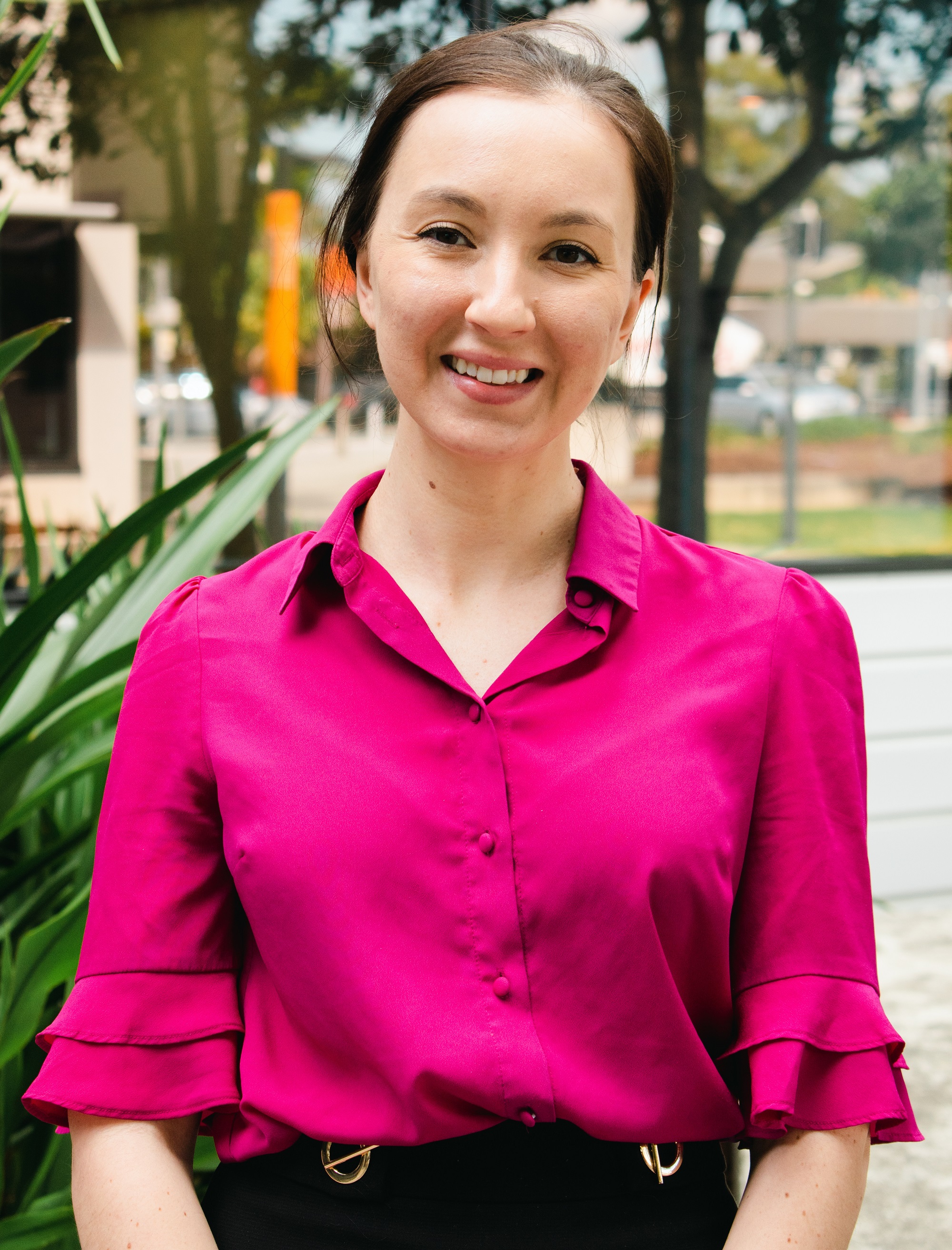
Dr Caitlin Brandenburg is a speech pathologist turned researcher who completed her PhD at UQ in 2015. She is a part-time Research Fellow for the Watch-house study, which is investigating the provision of emergency care to detainees in police watch-houses across Queensland. She also holds roles as Health Practitioner Research Fellow at Metro South Health, and Honorary Adjunct Assistant Professor at Bond University.
Caitlin has over 30 academic publications and more than $1 million in competitive research funding in fields as diverse as audiology, occupational therapy, palliative care, trauma, emergency care, speech pathology and paediatric critical care. She specialises in health services evaluation, qualitative and Knowledge Translation methodology. Caitlin’s passion is in supporting frontline clinicians to engage in research.
- 2016 Stroke Society of Australasia Nursing & Allied Health Scientific Award
- 2016 FreshScience Queensland finalist
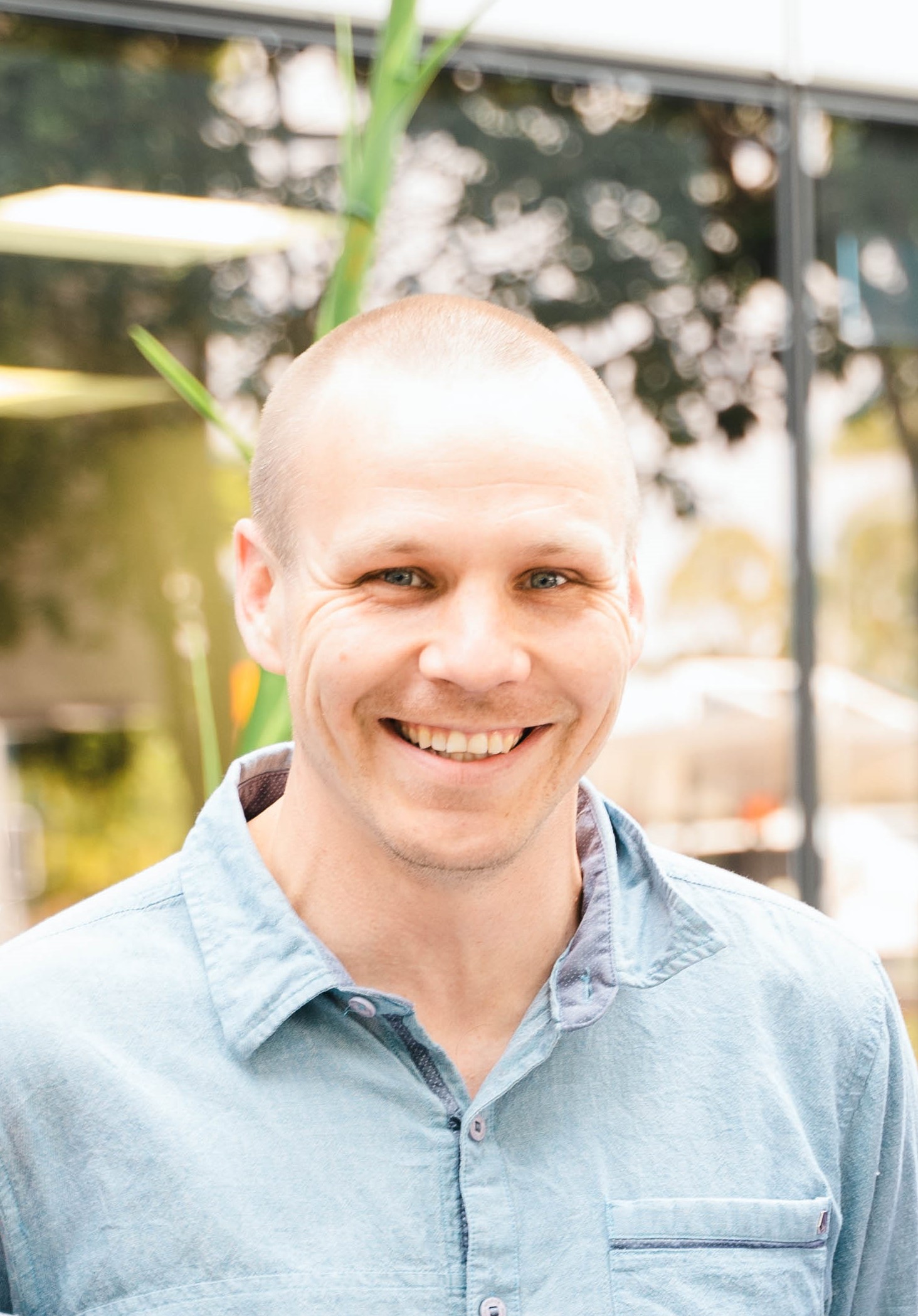
Riku has a decade of Emergency Nursing experience in Finland and Australia, with the last 5 years spent focusing on improving the care we provide to our paediatric population. His passion for Paediatric Critical Care has led him to coordinate several international multicentre RCTs as well as help implement an array of studies; from fluid resuscitating the septic child to improving safety in the paediatric emergency intubation.
Riku hopes to one day be able to use his experience to conduct his own study, but in the mean time he spends most of his free time chasing his two energetic boys around the beaches/skateparks of Tugun.
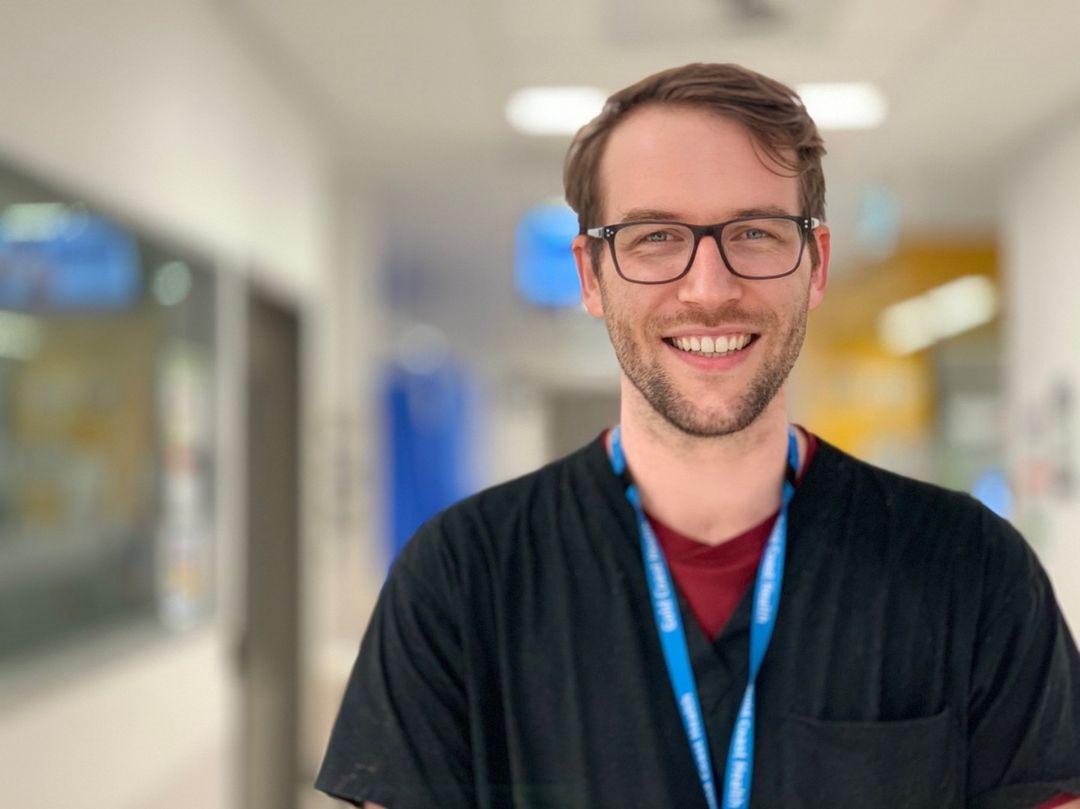
After finishing medical school in 2014, I discovered my love for Emergency Medicine. I commenced the ACEM training program in 2017 after being offered a position at the Royal Brisbane & Women's Hospital Emergency and Trauma Centre and completed my Fellowship requirements in mid-2022. I have a longstanding interest in mathematics, which was the subject of my undergraduate degree, and pursued a Master's degree in Biostatistics while completing my ED training. This helped me to achieve my current position as ED Research Fellow at Gold Coast University Hospital.
In many ways, statistics is the language of the medical literature, and I have found this special skill to be invaluable as I pursue my interest in medical research. I enjoy working with teams to analyse data and write papers as well as sharing my knowledge of clinical medicine and critical appraisal with junior doctors. Outside of work, I like playing chess and spending time with Roland, my big black poodle.
My research interests include the COVERED COVID research program and multiple ultrasound research studies through the Sonar Group. For my next project, I am looking to develop an audit program for GCUH ED.
Awards and Achievements
- Master's of Biostatistics
- Member of the Sonar Group (2022)




